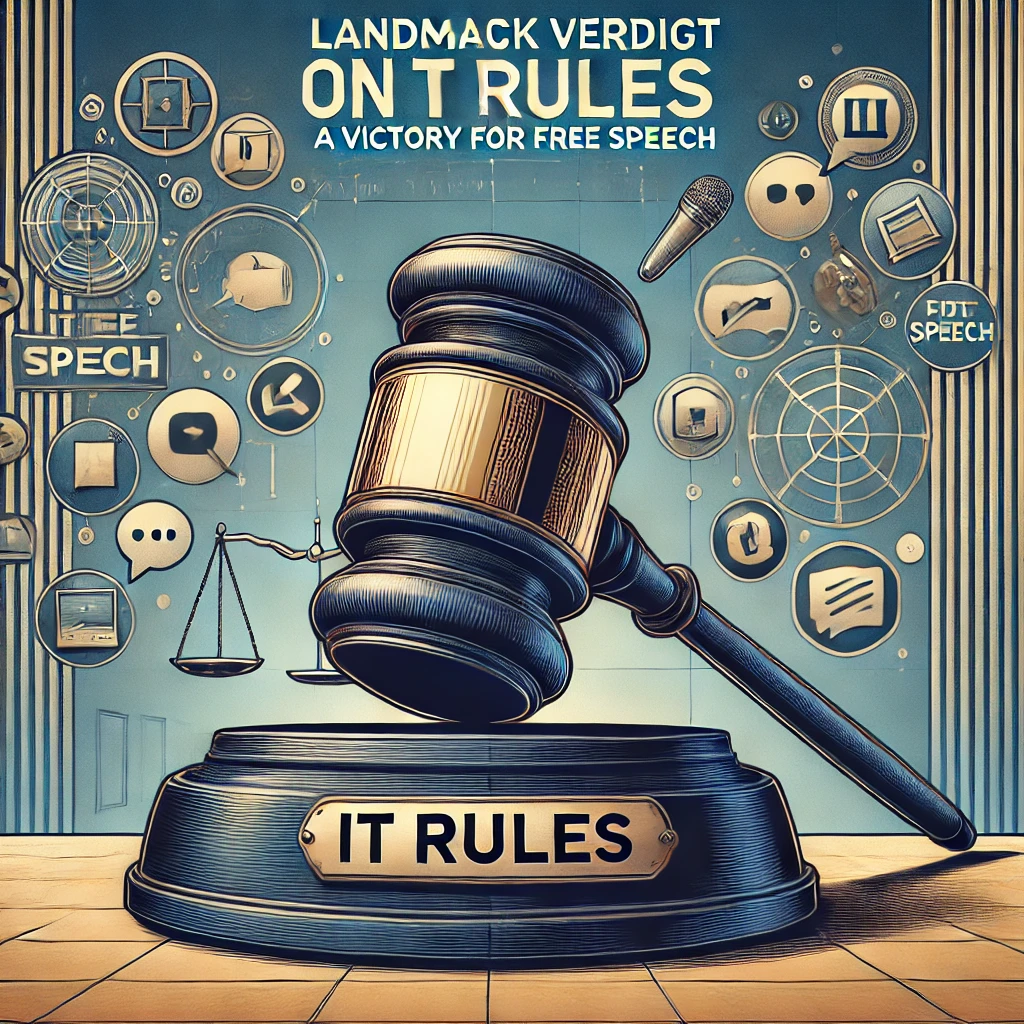In a significant judgment, the Bombay High Court struck down the 2023 amendments to the IT Rules, labeling them as unconstitutional. The court’s decision centers around the government’s proposed establishment of fact-check units, which were intended to monitor and flag “fake and misleading” information on social media platforms. The rationale behind this rejection is critical as it touches upon the delicate balance between curbing misinformation and upholding free speech.
The amendments, which granted fact-check units the authority to identify and take down content that the government deemed false, raised alarms within media circles and civil society. The High Court found that such powers, without robust checks and balances, would give excessive control to the state over online discourse, potentially curbing legitimate criticism or dissent. This ruling not only protects citizens’ right to free expression but also prevents the government from becoming the sole arbiter of truth.
India, as the world’s largest democracy, thrives on diverse opinions and debates. However, misinformation is undeniably a significant concern in the digital age. Yet, the solution cannot be unchecked censorship. Instead, as the Bombay High Court has rightly highlighted, any attempt to regulate online content must be transparent, participatory, and in line with constitutional principles of freedom of expression.
This verdict stands as a reminder that in a democracy, safeguarding the rights of individuals to speak freely, even when uncomfortable for those in power, is paramount. While the fight against fake news is essential, mechanisms to combat it should not infringe on the fundamental freedoms guaranteed by the Constitution. By ruling these amendments unconstitutional, the court has reaffirmed the importance of protecting civil liberties in the digital space.
This decision should prompt the government to rethink its approach and adopt a more collaborative, less intrusive method to address the challenge of misinformation. Empowering independent fact-checking bodies, fostering digital literacy, and promoting self-regulation by social media platforms could be more effective strategies that align with democratic values.
In the face of growing challenges to free expression worldwide, the Bombay High Court’s ruling is a much-needed affirmation of the principles of democracy, ensuring that the digital public sphere remains a space for open dialogue, rather than a battleground for state control.







